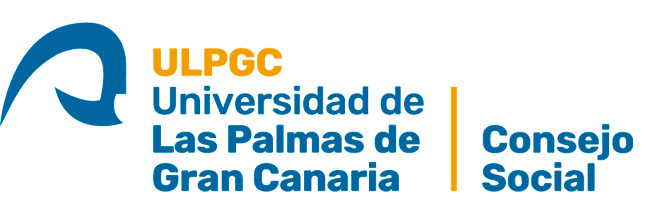Antonio Garamendi and Antonio Abril Abadín have signed a collaboration agreement which will contribute to increased ties between the business sector and universities, through the university social councils.
The presidents of the CEOE [Spanish Confederation of Employer’s Organisations] and the CCS [Conference of Social Councils of Spanish Universities], Antonio Garamendi and Antonio Abril Abadín, today signed an agreement whereby both organisations will establish a solid relationship in order to bring the business and university spheres closer together, so as to improve higher education.
This agreement, which establishes a backdrop of cooperation, reflects the importance of collaborating on a number of priority issues. These include strengthening the relationship between universities and businesses through enabling the transfer of knowledge and university research, highlighting the value of this for the productive sector, and achieving excellency in our university education, bringing it in line with the needs of our current technological society and its businesses in order to foster the employability of our students and to promote an entrepreneurial spirit.
Within this collaborative framework the CEOE and CCS will reinforce the role of business representatives within the social councils, and will implement information, training and outreach programmes for the improvement of the Spanish university system, while highlighting its importance. They will also develop specific undertakings, such as promoting business professors and industrial doctorates, grants for internships in industry, and prizes for entrepreneurship.
Both institutions will notably work to identify the academic profiles currently most in demand, to ensure student’s receive career advice concerning these and, alongside this, to adapt the higher education courses offered to the needs of society and businesses. This is all within a global, technological and sustainable world, where it is necessary to train students in not only fundamental ethical principles and values, but also in professional skills which, nowadays, are transferable skills vital for their employability.
The CEOE and CCS already joined forces in September of last year during a public ceremony in the lower house of the Spanish parliament. They were joined by the CEPYME [Spanish Confederation of Small and Medium-Sized Enterprises], CRUE [Spanish Conference of Rectors of Universities], the Spanish Chamber of Commerce, CSIF [Spanish Central Independent and Public Employee’s Trade Union], CREUP [Spanish Public Universities’ Students Union], FeSP-UGT [Spanish General Workers Union’s Federation of Public Service Employees] and FECCOO [Teaching Association of the Spanish Workers’ Commissions]. Together they called on our parliamentary representatives to make universities a bigger priority in Spain and, through a major national agreement, to address the passing of a new Universities Act [Ley Orgánica Universitaria] with guarantees of stability and permanence, necessary reforms, and the modernisation of university education in Spain.
The signing of the agreement was also attended by the secretary general of the CCS, Miguel Ángel Acosta, and the chairman of the CEOE Education and Training Commission, José Antonio Sarría.
In the words of Antonio Garamendi, “this is a very important agreement for businesses and for Spain”. The president of the CEOE emphasised that “we need people to be better qualified and for this we will work hand in hand with the university social councils”. He also added that employers wish to help and to offer their experience “collaborating in the governance of the university sector, which is essential for our country, for education and for progress”.
Antonio Abril Abadín explained that the agreement “seeks to establish a stable framework within which to improve the relationship between businesses and universities, on which the employability of our students and the wellbeing of our society are dependent”.


